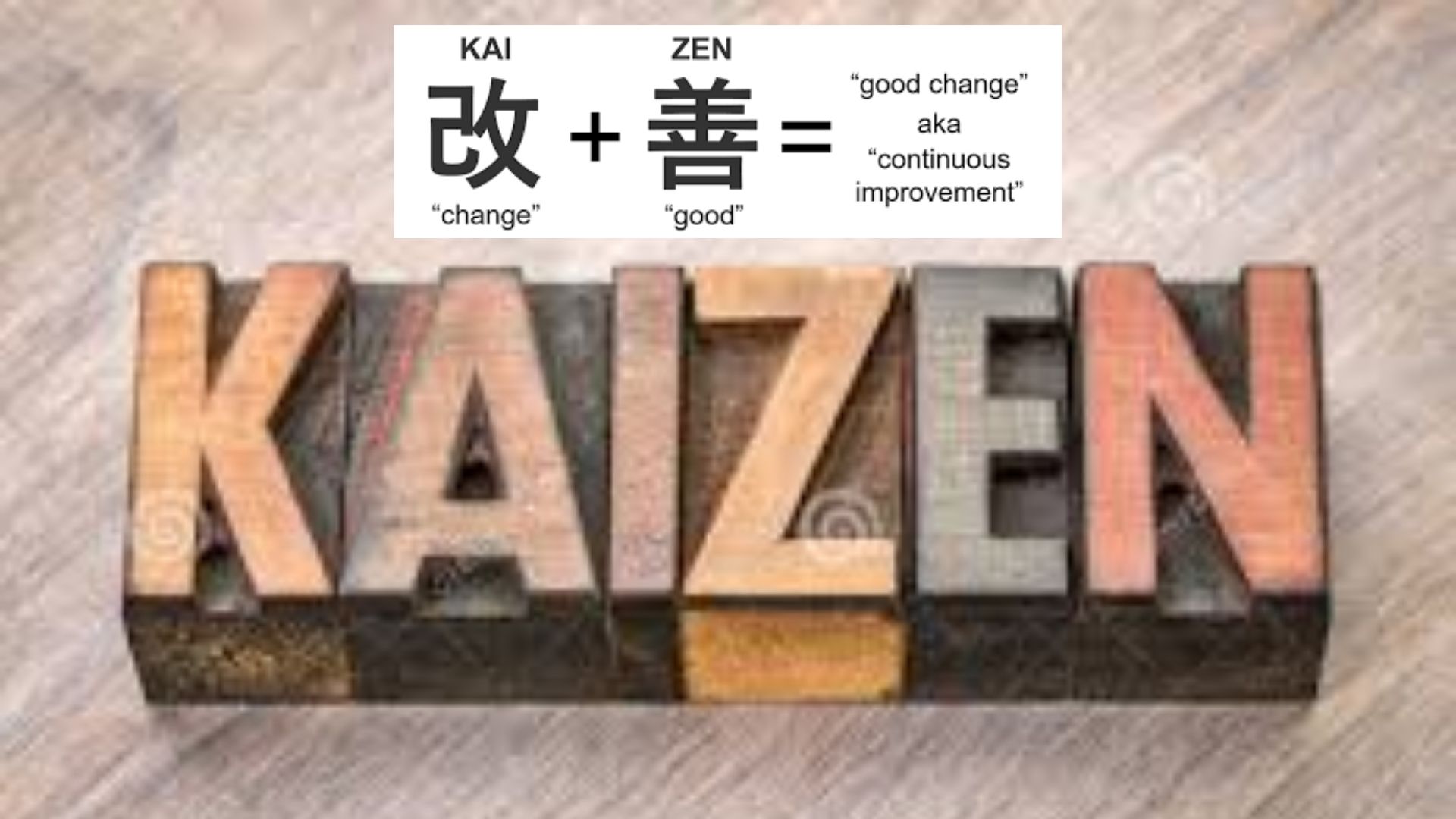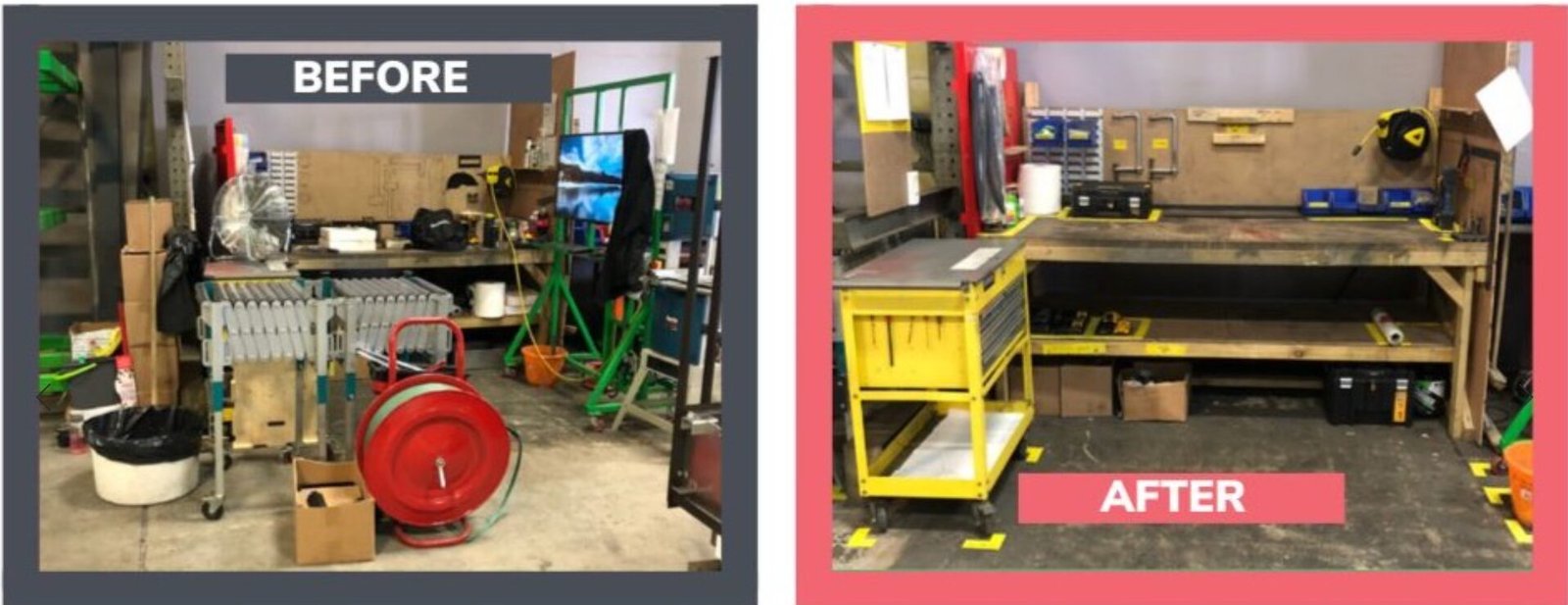
Kaizen, a Japanese term meaning “continuous improvement,” is a philosophy that emphasizes small, incremental changes to processes and systems. This approach, often associated with Lean manufacturing, focuses on involving all employees in the improvement process and creating a culture of continuous learning and growth.
The Core Principles of Kaizen
- Involvement of Everyone: Kaizen recognizes that every employee, regardless of their position, has valuable insights and ideas. By involving everyone in the improvement process, organizations can tap into a vast pool of creativity and problem-solving skills.
- Small, Incremental Changes: Kaizen emphasizes the power of small, gradual improvements rather than large-scale changes. These small changes can be implemented more easily and with less disruption to operations.
- Focus on Process: Kaizen focuses on improving processes rather than blaming individuals. By identifying and addressing process-related issues, organizations can create a more efficient and effective work environment.
- Data-Driven Decision Making: Kaizen relies on data and evidence to identify areas for improvement and measure the effectiveness of changes.
- Standardization: Kaizen promotes standardization to ensure consistency and efficiency in processes.
Benefits of Kaizen
- Increased Productivity: By identifying and eliminating waste in processes, Kaizen can lead to significant increases in productivity.
- Improved Quality: Kaizen can help organizations improve the quality of their products and services by reducing defects and errors.
- Reduced Costs: Kaizen can help organizations reduce costs by eliminating waste and improving efficiency.
- Enhanced Employee Morale: Kaizen can create a more positive and engaging work environment by empowering employees to contribute to the improvement process.
- Increased Innovation: Kaizen can foster a culture of innovation by encouraging employees to think creatively and come up with new ideas.
Implementing Kaizen
To successfully implement Kaizen, organizations should:
- Create a culture of continuous improvement: Foster a mindset where everyone is encouraged to identify and implement improvements.
- Provide training and support: Ensure that employees have the necessary training and resources to participate in Kaizen activities.
- Use data-driven decision making: Collect and analyze data to identify areas for improvement and measure the effectiveness of changes.
- Celebrate successes: Recognize and reward employees for their contributions to Kaizen initiatives.
- Continuously evaluate and improve: Kaizen is an ongoing process, and organizations should continually evaluate their progress and seek new opportunities for improvement.
Kaizen is a powerful tool that can help organizations achieve significant results. By involving everyone in the improvement process and focusing on small, incremental changes, organizations can create a more efficient, effective, and innovative workplace.
Visit our YouTube Channel to learn more.
